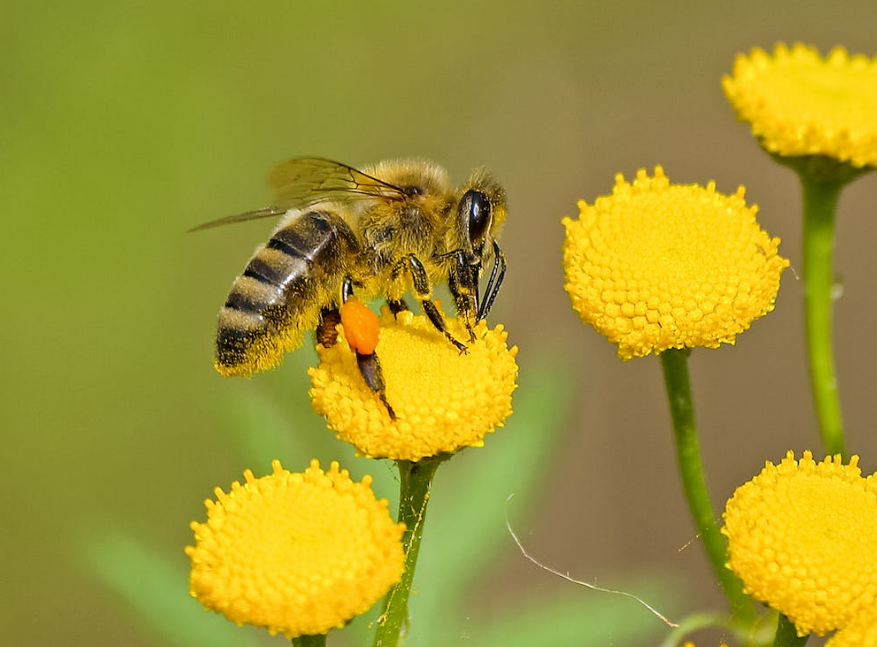
The Vital Role of Bees in Our Ecosystem and the Challenges They Face
Karen Faye BrionesShare
In the delicate balance of nature's orchestra, there's a tiny but mighty creature that plays a role far more significant than its size suggests. Bees – these industrious pollinators – are not just contributors; they are the unsung heroes upholding the very foundation of our food chain.
Picture this: a sun-kissed orchard laden with blossoms, a vibrant field carpeted with wildflowers, or even your own garden brimming with life. It's the bees that flit and dance from one bloom to another, transferring pollen grains that hold the promise of life. As they go about their busy routine, these tiny winged wonders perform an act that sets the stage for a spectacular transformation – the transformation of flowers into the fruits, vegetables, and grains that nourish us.
However, there's a buzzkill in this idyllic scene. The rise of genetically modified organisms (GMOs), the use of potent pesticides, herbicides, and other synthetic chemicals has begun to cast a shadow over our bee populations. These changes, sometimes subtle, sometimes drastic, can interfere with the delicate dance of pollination that bees perform with such grace.
Imagine the story told by our friend, the bee: "I set off to collect pollen from a flower, unknowingly landing on a genetically modified plant. Little did I know that its DNA had been altered, changing the very essence of what I collect. And when I flew to the next flower, I found traces of pesticides that clung to my wings, impairing my ability to navigate and gather."
This alarming trend puts not only the bees in peril, but it threatens our very sustenance. Without the tireless work of these pollinators, the transformation from floral beauty to nutritious bounty would come to a standstill. No bees, no mees – a whimsical way of saying that the absence of bees would mean a serious dent in our whole existence.
But it's not all gloom and doom. As we gain awareness about the critical role bees play in our lives, there's a growing movement to protect and support them. Communities are creating bee-friendly gardens, using organic practices that eschew harmful chemicals. Scientists are working tirelessly to find solutions that strike a balance between agricultural needs and environmental harmony.
The plight of our buzzing buddies serves as a reminder that our actions ripple through the natural world in ways we may not always anticipate. It's a call to embrace sustainable practices, to be mindful of the choices we make, and to acknowledge the humble bee as a sentinel for the health of our planet.
So, the next time you enjoy a crisp apple, savor a juicy berry, or marvel at fields of golden wheat, take a moment to thank the tireless bees. After all, they're the ones who make the transformation from flower to food possible – a gift that nourishes us all.
